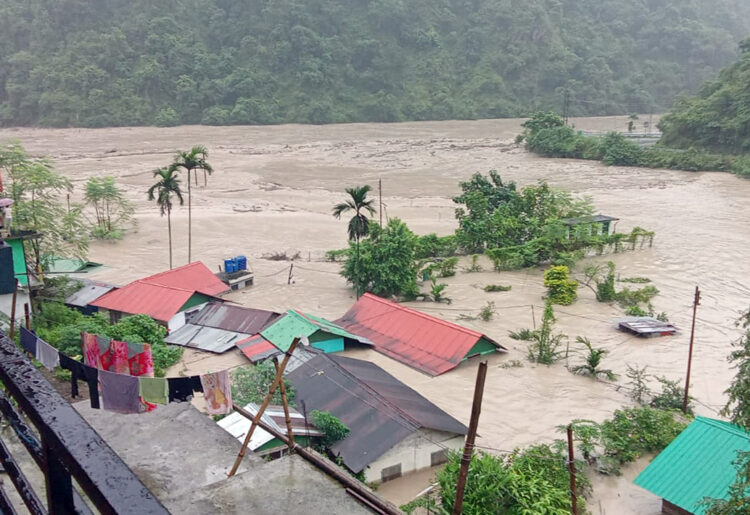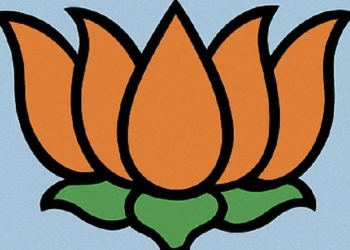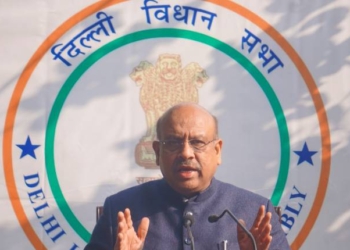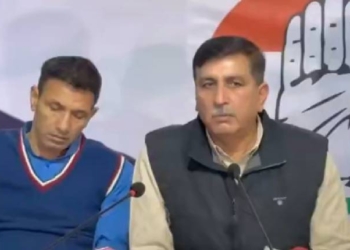New Delhi: Even as Sikkim was devastated by flooding of a glacial lake owing to a cloudburst earlier this month leading to several casualties, the Centre in a recent report accepted that it has failed to provide any data related to avalanches, landslides and even cloudbursts to the state in the last 10 years. In fact not even any advisory was issued to the Himalayan states (including Sikkim), in anticipation of floods.
Another astounding fact is that while there are 694 glacial lakes in Sikkim, the number of flood forecasting stations there, are only eight.
Arunachal Pradesh has 1,602 glacial lakes while it has only three flood forecasting stations. Similarly, Himachal Pradesh has only one station to monitor 513 glacial lakes, while Uttarakhand has six flood forecasting stations to monitor 347 lakes.
This was informed by the Union Jal Shakti Ministry to a Lok Sabha Parliamentary panel on water resources in a report titled “Glacier management in the country – Monitoring of glaciers and lakes including glacial lake outbursts leading to flash floods in the Himalayan region”.
Incidentally, the report was presented in Parliament in March this year during the budget session.
“When asked whether any data has been made available to state governments or local authorities in respect of avalanches, cloudbursts and landslides in Himalayan region during the last decade and advisories, if any, issued by the Central Water Commission (CWC) in anticipation of the floods, the department replied in negative,” the report stated.
To a query on whether India has any data sharing policy with the Himalayan-Karakoram countries so that large-scale modelling of future glacier and runoff evolution can be done with improved accuracy, the ministry informed the committee that “so far as data sharing policy with the Himalayan-Karakoram countries is concerned, no specific information is available in respect of data sharing policy so that large-scale modelling of future glacier and runoff evolution can be done with improved accuracy”.
When asked to furnish details of those glacial lakes which are increasing not only in numbers but also in size in the Himalayan region because of retreating glaciers, the ministry in its written submission stated that no such study on temporal changes in glacial lake number and their extent has been carried out by ISRO and Geological Survey of India (GSI).
On October 4, heavy rains caused the glacial South Lhonak lake in Sikkim to breach its banks, causing a glacial lake outburst flood. The flood reached the Teesta III Dam at Chungthang at midnight, before its gates could be opened, destroying the dam in minutes. Several people died in the flash floods, while several hundreds are missing, even as rescue operations are on.
(IANS)















